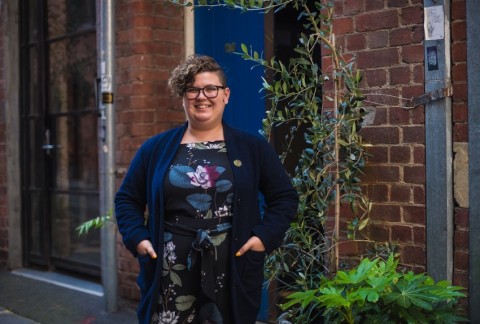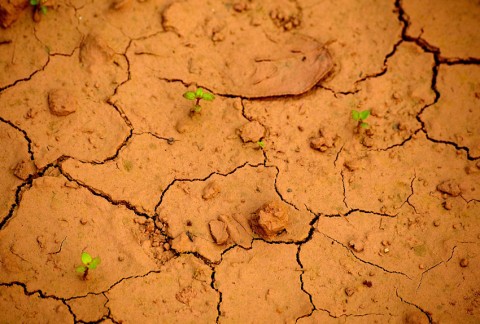Work-related post-traumatic stress disorder (PTSD) can be very challenging to deal with, but there are ways to manage it more effectively.
PTSD can develop in response to witnessing or experiencing very shocking, extreme or sudden events. This can include events that happen at work, such as severe accidents and injuries, sexual harassment or assault, bullying, emotional or physical abuse or discrimination.






